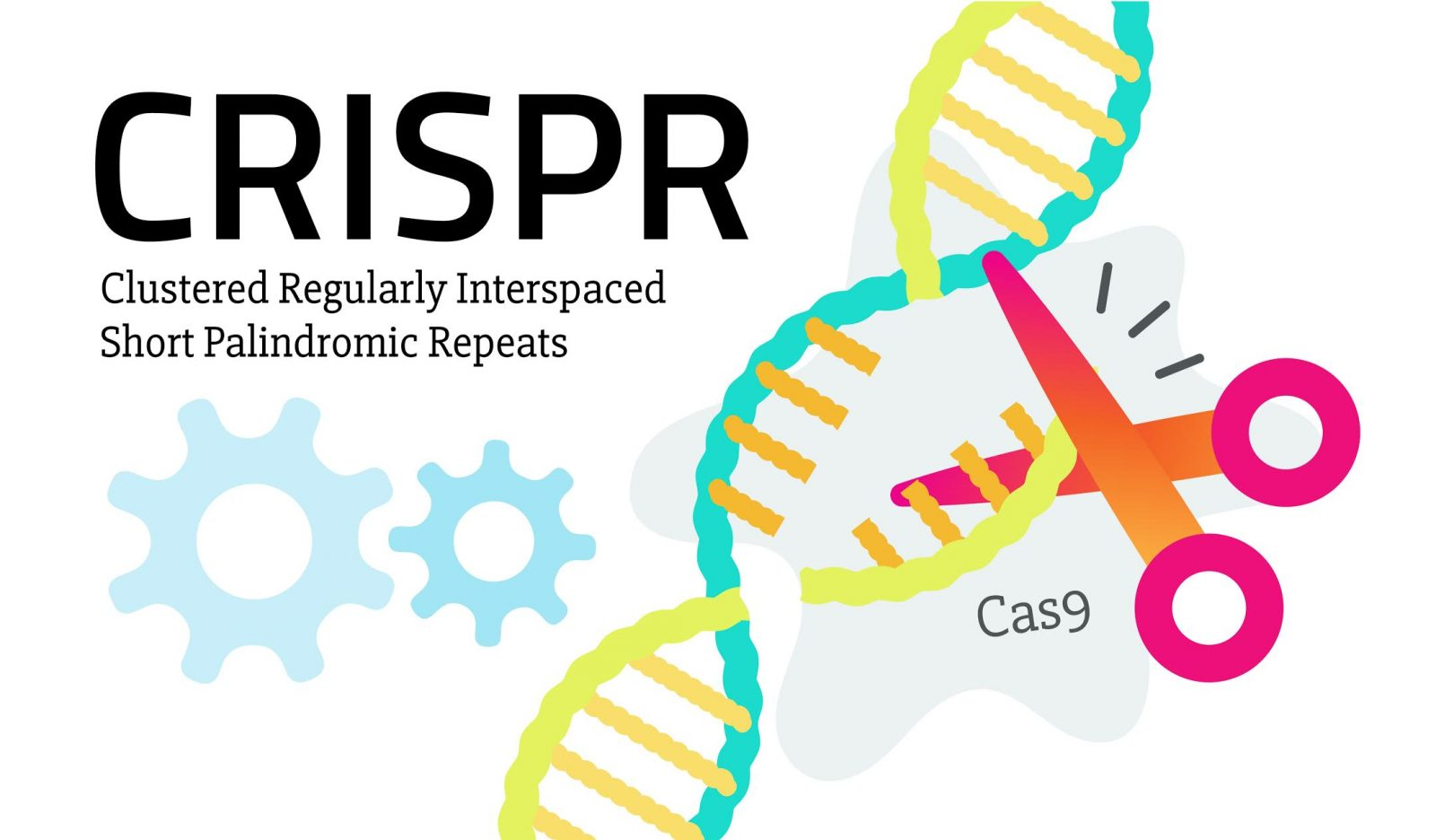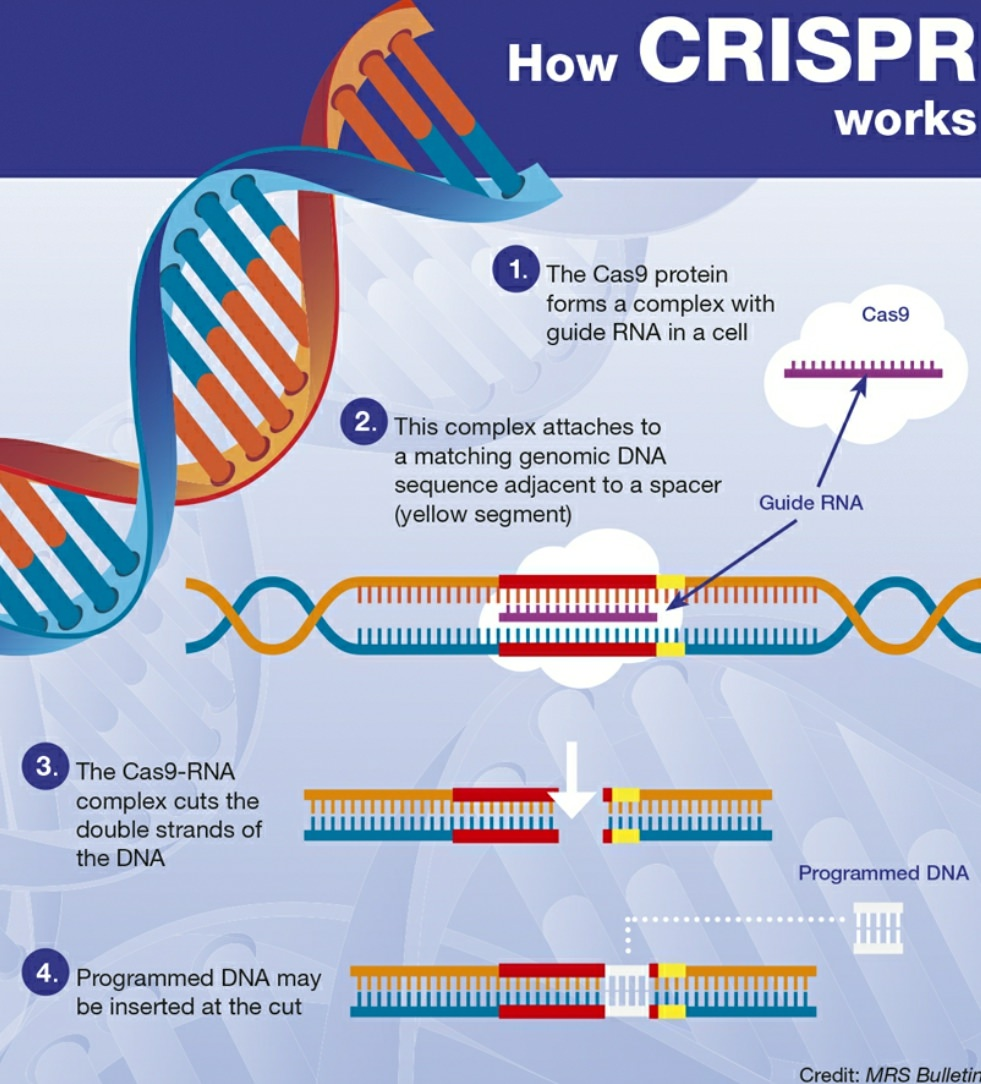
CRISPR ethics is an increasingly urgent topic in today’s medical discourse, particularly as advancements in gene editing technology offer both remarkable potentials and daunting ethical dilemmas.As we stand on the verge of addressing genetic conditions such as sickle cell disease, the conversation grows around not just the scientific capabilities, but also the moral implications of editing the human genome.

CRISPR technology is revolutionizing the field of gene editing, offering unprecedented opportunities to tackle diseases like sickle cell anemia.This cutting-edge method allows scientists to make precise alterations in an organism’s DNA, effectively enabling the potential to cure genetic disorders.

Gene editing is revolutionizing the landscape of medical science, offering new hope for millions suffering from genetic diseases.Among the cutting-edge techniques leading this charge is base editing, a method developed by renowned scientist David Liu, which allows precise alterations to the DNA code without disrupting the entire helix structure.
